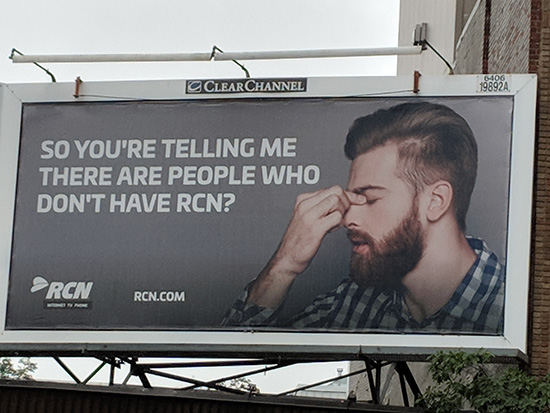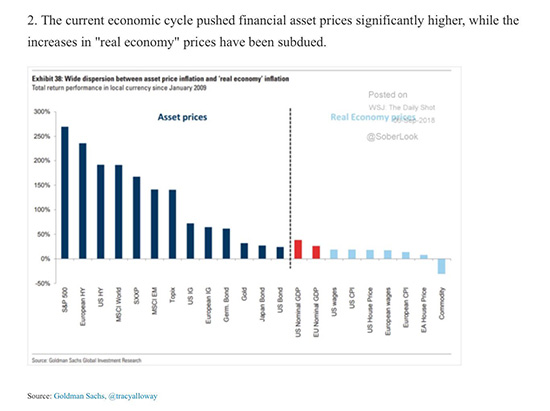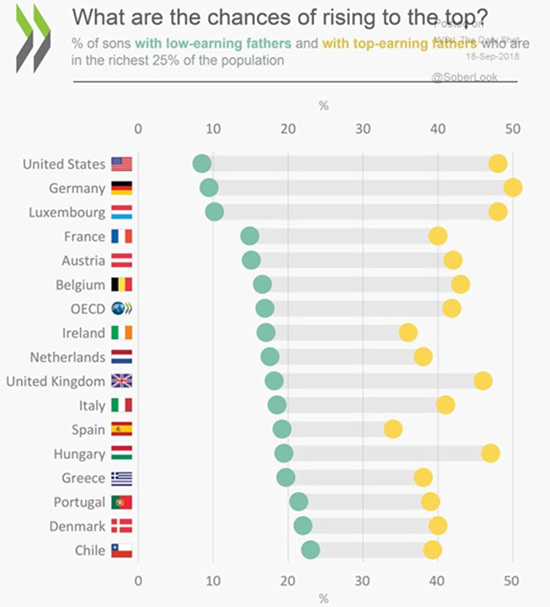Focusing on Problems or Opportunities? Designing Change in a Two Tier Economy

“I don’t see problems, only opportunities” the business woman ahead of me repeated on her cell phone while waiting to order coffee in line. Her real estate client on the phone, who I gathered was purchasing a residence near my office in Boston’s Seaport was apparently impressed, as she had repeated the statement with extra emphasis
Some in line had either tuned the conversation out, and others shared a bemused moment together. The older lady standing next to her and I were in the later group. She sleeps in the doorway of the Summer Street GNC just a few doors down from the coffee shop. “They’re nice to me” she remarked once. A few nights a week she stays in a victims assistance apartment run by the Boston Police Department, but for the last three months she’s waited for a string of court dates to get her access to homeless assistance which is tied up with her domestic violence case. Emotionally she moves from sanguine to slightly jubilant. She clearly knows about problems, but stays above them so well that I sometimes worry for her.
It occurs to me that opportunities by their nature are elective; they exist for you. You can seize the day, or not. Buy a house from the lady on the phone, or pass. Talk to the resilient or delusional homeless lady or not. Opportunities exist for your choice. However, problems can take on pragmatic or moral imperative once they become undeniable.
For the last five or six years I’ve said something of this ilk at the Delight Conference, a gathering of designers and innovators that Connective DX annually gathers in Portland, Ore. Leaders can focus on opportunities such as making a better Land Rover retail space, a mobile app that let’s you buy and finance a Mercedes sitting inside a floor model, or as we joke, making the Tiffany’s box just that much better. Paying work for making beautiful things is an opportunity. I grew up in some poor towns, and value opportunity having known it in short supply.
But we need an economy and culture that sees beyond the opportunities showing-up in most creative briefs. What’s the point of having an economy or culture better an perfecting the wonderful, if it can’t fix fundamental problems that run deep? The wealthy and poor live increasingly detached lives.

The chart above shows the rate of growth (think of it as the raise) that holding wealth has produced on the left vs. the growth in the broader economy and specifically wages on the right. Our economy is helping BMW owners move to Bugattis, but that comes at an opportunity cost of equity.
The chart also shows a strikingly small difference between US and EU GDP. This is what most policy focuses on, increasing growth rather than better distributing its benefits.
The American Dream is one of opportunity. But extending opportunity means taking on problems, which first requires us to really see and discuss them.
One aspect of this problem is that it comparatively harder in the US for less wealth people to increase their wealth, or for those with wealth to not continue enjoying its advantages.

I’d offer that we need more policies that break up the cycle of structural, self-perpetuating wealth. Capital gains and minimum wages come to mind of being among the usual suspects for this.
Yesterday the New York times published a 14,000 word investigative project on how President Trump’s father hid a massive, untaxed transfer of assets to him, which became the foundation of mythical ability to ‘generate’ wealth while transiting serial bankruptcies. I recall Bill Gates speaking out on the need for capital gains, or what its opponents call the Death Tax. It kicks in after a few million dollars to take a portion of the generational transfer of wealth. Its what Fred Trump ducked in the fraudulent transfer of wealth to his son.
Meanwhile, I’m a few days away from doing work in Seattle, where they’ve had a $15 minimum wage for a few years. The Washington Post covered economic analysis that suggests that raising the minimum wage in Seattle has been a net loss for low income workers. There may be no easy answers here. But I hope to learn more about this on my trip, and from your here and on Twitter.

 The future of digital experiences will be built by strategists who grasp the full array of emerging business, social, and technical models. Specialties in user experience, branding, application design, and data science are laying the foundation for richer user experiences and business models breakthrough products and revenue based marketing.
The future of digital experiences will be built by strategists who grasp the full array of emerging business, social, and technical models. Specialties in user experience, branding, application design, and data science are laying the foundation for richer user experiences and business models breakthrough products and revenue based marketing.
1 Response to "Focusing on Problems or Opportunities? Designing Change in a Two Tier Economy"
March 13, 2020
Very informative and helping us to learn a lot.
Surveyor Victoria BC